As orthopedic surgeons and sports medicine specialists, our goal with any injury or surgery is to allow you to return to whatever activity you love to do. Some surgeries present a greater risk of long-term damage, though. In this Ask Dr. Geier video, I discuss surgery for an OCD lesion (osteochondritis dissecans) of the knee and what you should consider after surgery. http://challenge.drdavidgeier.com/ds/906ca4c8 I want to help you! Please click the link above and take a few seconds to share the biggest challenge or struggle you’re facing with your injury! https://drdavidgeier.com/surgery-for-an-ocd-lesion-sports Click the link above for more information about an OCD lesion of the knee and other resources for your sports or exercise injury. Get The Serious Injury Checklist FREE! How can you know if your injury should get better in a few days or if it’s more serious? This checklist can help you plan your next step to recover quickly and safely. http://www.sportsmedicinesimplified.com Please note: I don’t respond to questions and requests for specific medical advice left in the comments to my videos. I receive too many to keep up (several hundred per week), and legally I can’t offer specific medical advice to people who aren’t my patients (see below). If you want to ask a question about a specific injury you have, leave it in the comments below, and I might answer it in an upcoming Ask Dr. Geier video. If you need more detailed information on your injury, go to my Resources page: https://www.drdavidgeier.com/resources/ The content of this YouTube Channel, https://www.youtube.com/user/drdavidgeier (“Channel”) is for INFORMATIONAL PURPOSES ONLY. The Channel may offer health, fitness, nutritional and other such information, but such information is intended for educational and informational purposes only. This content should not be used to self-diagnose or self-treat any health, medical, or physical condition. The content does not and is not intended to convey medical advice and does not constitute the practice of medicine. YOU SHOULD NOT RELY ON THIS INFORMATION AS A SUBSTITUTE FOR, NOR DOES IT REPLACE, PROFESSIONAL MEDICAL ADVICE, DIAGNOSIS, OR TREATMENT. You should consult with your healthcare professional before doing anything contained on this Channel. You agree that Dr. Geier is not responsible for any actions or inaction on your part based on the information that is presented on the Channel. Dr. David Geier Enterprises, LLC makes no representations about the accuracy or suitability of the content. USE OF THE CONTENT IS AT YOUR OWN RISK. Brianna asks: My 18-year-old daughter suffers from OCD. In 2015, she had her left and then right knee repaired with pinning of loose fragments and drilling to improve blood flow. After recovery, she returned to playing competitive softball. In December 2017, a loose fragment was removed via arthroscopic surgery. Once again, she returned to softball after her recovery. She wants to play college ball, but is this a wise decision? There is little information on this condition in my opinion. Is there anything she can do to improve her knee’s future? An OCD lesion is an area within the knee where the bone underneath a small area of cartilage starts to die. Over time, the cartilage can fragment as well, leaving a loose piece of bone and cartilage. Once a patient reaches maturity, these lesions rarely heal on their own. Surgery usually aims to either fix the lesion in place until it heals or replace it with a cylinder of bone and cartilage to fill the defect. Several months after surgery for an OCD lesion, that area can become normal bone and cartilage. Sports medicine orthopedic surgeons generally try to allow you to return to sports after this surgery. There is some concern, though, that repetitive impact could injure that area again, leading to degenerative changes over time. In this video, I discuss the pros and cons of sports and other physical activities after surgery for an OCD lesion.
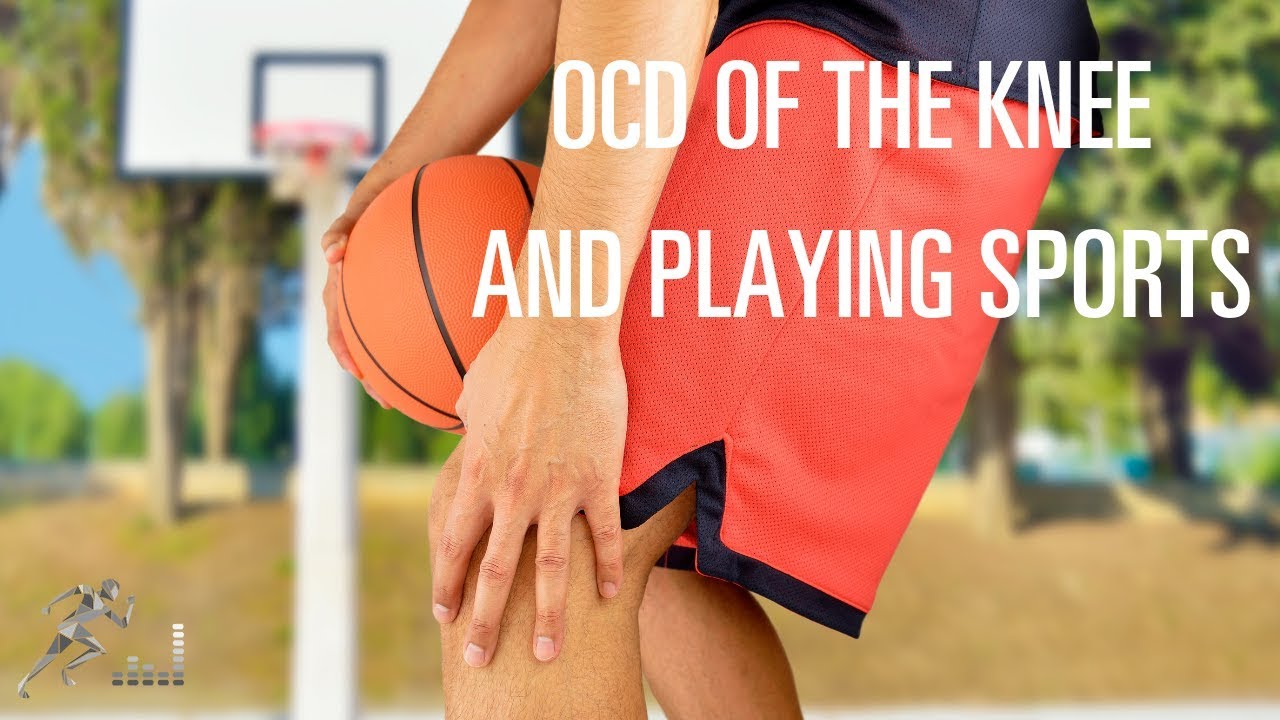
Sports Surgeries Video – 4
- Post author:
- Post published:May 15, 2021
- Post category:Uncategorized
- Post comments:0 Comments
You Might Also Like
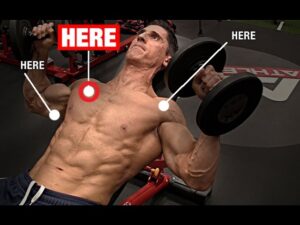
Dumbbell Bench Press (BETTER CHEST ACTIVATION!)
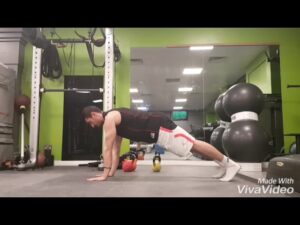
Trunk exercise for strength

Endocrine System

Are Multivitamins Really Good For You?
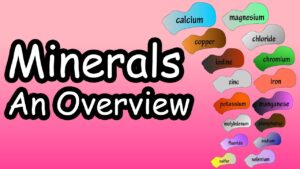
Minerals – What Are Minerals – What Do Minerals Do – What Are The Essential Minerals
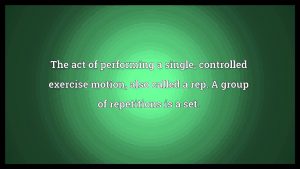
Repetition Meaning
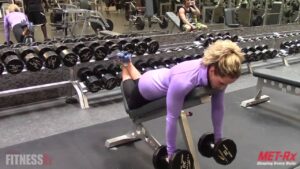
Incline Dumbbell Row
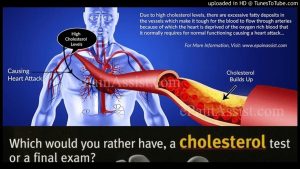
Rosuvastatin versus atorvastatin in a high-risk population with hypercholesterolemia
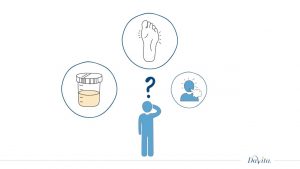
What is Kidney Disease?
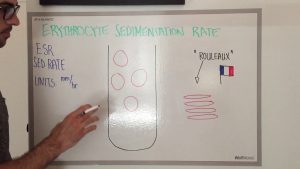
Erythrocyte Sedimentation Rate: Explained

Foods to eat for weight loss list

Deamination Meaning
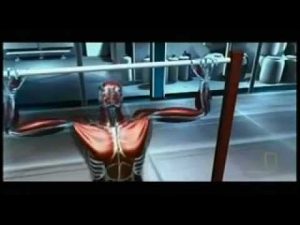
how muscles grow

9 Nutrition Rules for Building Muscle | Jim Stoppani’s Shortcut to Strength
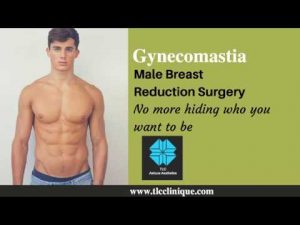
Male Breast Reduction Surgery In Trivandrum | Gynecomastia Surgery | Gynecomastia Treatment Kerala
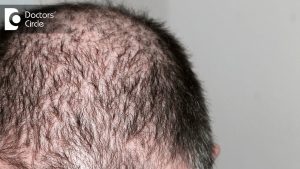
Minoxidil for hair loss – Dr. K Prapanna Arya
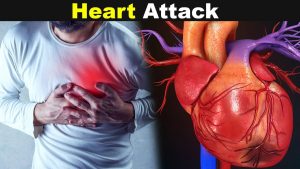
Heart Attack (Mayocardial Infarction) | Symptoms,Causes And Treatments (Urdu/Hindi)
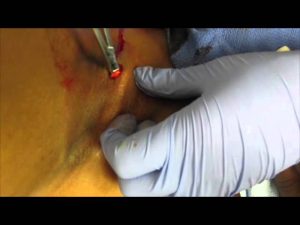
Abscess Basics: Part 2a

How to Use the Back Extension Machine for the Obliques : Shaping Up
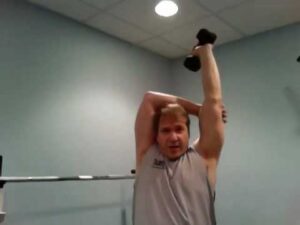
One Arm Triceps Extension Bodybuilding Exercise
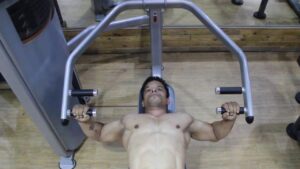
Flat Bench Press Dumbbell-3
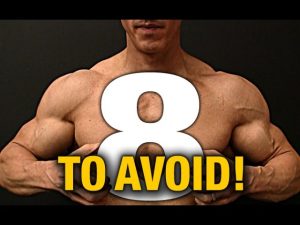
My 8 Biggest Workout & Nutrition Mistakes (DON’T MAKE THEM)

Global Mental Health Video – 4

Increase Strength, Power, Muscular Endurance | Lifting with Meyers | Brendan Meyers
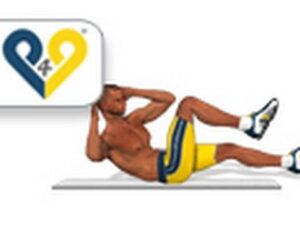
Alternate Knee Touch-1
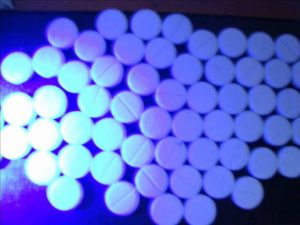
Valium Effects (Diazepam) 2012 Valium Negatives For Those Abusers

Interpreting Thyroid labs, part 2: T3, T4 & Reverse T3. Saul Marcus ND
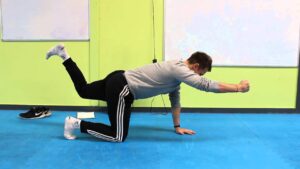
Donkey Kicks-9

7 Erroneous Beliefs About Anatomy for Artists
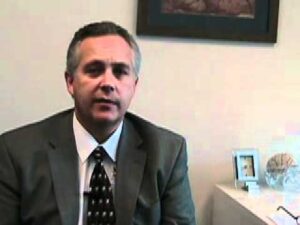
Additional Psychiatry Video – 1

Metabolic Meaning

How to Do a Side Plank with Hip Lifts | Abs Workout
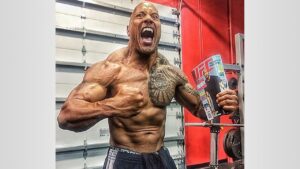
The Rock’s CHEST WORKOUT ROUTINE

Stretching Meaning

ANTIOXIDANTS: THE BASICS | Nutrition 101 Ep. 4
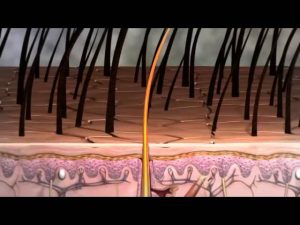
Hair Anatomy

Micronutrition Pt 2 – Antioxidants and Phytochemicals
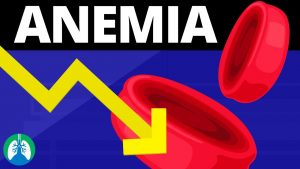
Anemia (Medical Definition) | Quick Explainer Video

Pre Workout (EXERCISE) SNACK IDEAS! (Hindi / Punjabi)
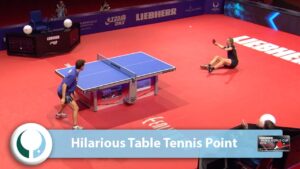
Table Tennis Video – 3

